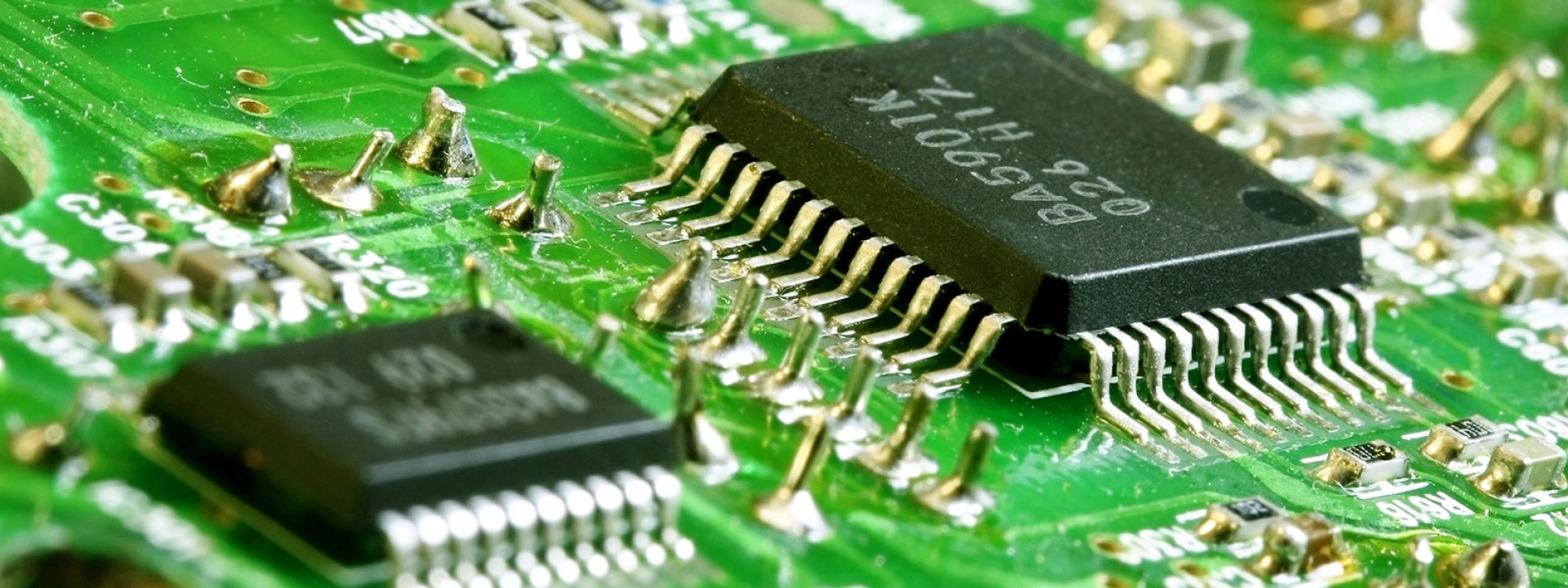News & Events
AT&S has disclosed plans to invest EUR1.7 billion (US$2.07 billion) to set up a new production base for ABF substrates in Southeast Asia to satisfy the needs of its major HPC chip clients.
This would be the largest-ever investment for AT&S, and the company will kick off construction of the new production complex in the second half of 2021, with initial volume production set for 2024 and full-capacity production for 2026, the Austria-based PCB and IC substrate maker said in a statement.
The statement said the new production site will have a total space of 200,000 square meters, and its planned capacity can generate additional revenue potential of up to EUR1 billion a year after being fully utilized.
It also disclosed the project is based on a planned collaboration with two leading manufacturers of HPC chips, who together are to contribute half of the investment funds, and AT&S will shortly sign long-term contracts with them.
Intel is believed to be surely among the two prospective partners for the AT&S' new investment project, and AMD is more likely to be the other one than Nvidia, according to industry observers.
Intel CEO Pat Gelsinger, delivering a speech recently at the ongoing virtual Computex Taipei 2021, pointed out a major IC substrate supplier will establish a new production base in Southeast Asia. The supplier, the observers said, apparently refers to AT&S, whose production capacity in China for ABF substrates has been almost fully booked by Intel.
The observers continued that Intel has almost fully secured capacity supply for ABF substrates in needs in the next five years, given that its Japanese partners Ibiden and Shinko are set to ready new capacities in 2021-2022 and Taiwan's supplier Unimicron Technology will commercialize dedicated capacity for the chipmaker in 2022-2024, while AT&S will roll out new capacity in Southeast Asia in 2024 and achieve full production in 2025-2026.
No matter whether AMD or Nvidia will be the other investment partner of AT&S, both chip vendors will have no other choice but to follow in the footsteps of Intel to book dedicated capacity for ABF substrates through joint investments with substrate suppliers, lest their CPU and GPU shipments would be affected by shortages of such substrates needed to process such chips, the observers noted.
By DIGITIMES






